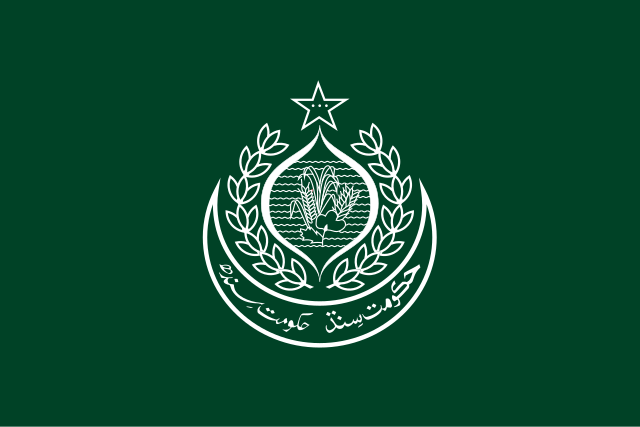The Sindh government has raised objections to the federal government’s plan to allocate 800 MW capacity for wheeling purposes, arguing that such decisions fall within the domain of the regulator — the National Electric Power Regulatory Authority (Nepra), according to well-informed sources cited by Business Recorder.
In a letter to the Power Division, Sindh’s Energy Secretary Mushtaq Ahmed Soomro outlined the province’s stance on the proposed amendments to the Eligibility Criteria (Electric Power Supplier Licences) Rules, 2023. While the province accepts most amendments, it specifically requested changes to Rule 5(2)(b) to incorporate additional provisions.
Sindh’s proposal states that open access charges should be recovered under the following framework: (i) grid charges—including transmission and distribution system use charges, market and system operator fees, cross-subsidy charges, and metering service charges—shall be borne by consumers opting for open access until the currency of the NE-Plan or as later amended by the federal government; and (ii) the federal government, in meaningful consultation with provincial governments, should issue frameworks or policy guidelines for recovering stranded costs arising from market liberalization and open access. These frameworks should reflect market realities, provide incentives to facilitate wheeling, ensure transparency and competition, protect consumer interests, and advance broader economic and social policy objectives.
The province further stated that in cases where bilateral trading occurs entirely within Sindh, the provincial government should provide the relevant framework or policy guidelines for open access charges. It emphasized that determining the quantum of capacity allocation is a regulatory function and must remain with Nepra.
Additionally, Sindh proposed that in the absence of a policy framework, stranded costs should be paid by all bulk power consumers of a competitive supplier. These costs would mirror the total generation capacity charges recovered from comparable bulk consumers of suppliers of last resort—whether on a volumetric (kWh) basis or through fixed charges—until revised by the federal government under applicable policy and regulatory procedures. The province requested that its recommendations be incorporated into the proposed amendments to Rule 5 before submission to the Cabinet Committee on Legislative Cases (CCLC).
Separately, the Power Division has informed the Prime Minister that stranded cost options and proposals for socializing costs, including possible wheeling charges, have been finalised. The Cabinet Committee on Energy (CCoE) approved wheeling charges of Rs12.55/kWh, which were later endorsed by the federal cabinet.
The framework for wheeling charges on the 800 MW capacity was included in the Indicative Generation Capacity Expansion Plan (IGCEP), approved by the ISMO Board after public consultation. The competitive electricity market is scheduled to be operational on September 30, 2025, with Nepra set to declare the Commercial Operation Date (CMoD) following issuance of guidelines on optimal wheeling charges.




